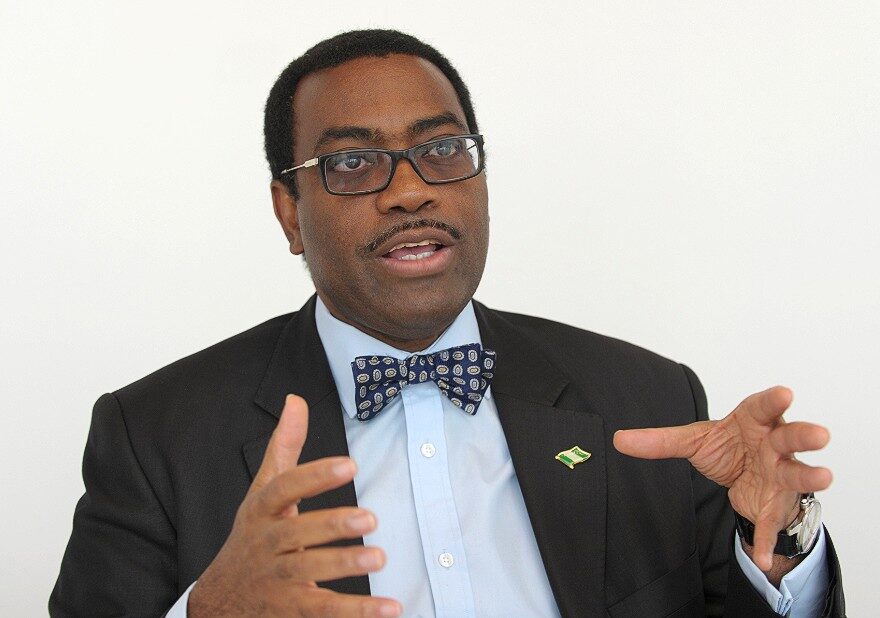News
AfDB-managed water, sanitation project wins International Prize for Human Devt

An African Development Bank (AfDB)-financed and supervised water and sanitation project, now helping to curb the spread of COVID-19 in Malawi, has won the prestigious Prince Talal International Prize for Human Development.
The bank’s Communications and External Relations Department made this known in a statement in Abuja on Wednesday.
It explained that the Integrated Urban Water and Sanitation Project for Mzimba Town project, co-financed by the OPEC Fund for International Development and the Malawian Government, won the award in the ‘governments and social foundations’ category.
The statement quoted the President of the bank, Dr Akinwumi Adesina as saying “this prestigious award is especially relevant to current global efforts to contain the COVID-19 pandemic and the urgent need for enhanced hygiene practices.’’
“I applaud the recognition of this project by the Prize Committee of the Prince Talal International Prize for Human Development.
“The recognition is timely given that the project is rapidly expanding access to water supply and sanitation to communities, while promoting good hygiene practices such as hand washing with soap.
“Hand washing is one of the most effective ways to reduce the spread of COVID-19,” Adesina said.
The bank disclosed that the Arab Gulf Programme for Development’s Prize Committee announced the winners in the water and sanitation services category for 2019 at a virtual meeting last week.
According to AfDB, the prize money of 200,000 dollars will go to a project implemented by government agencies, public institutions or social businesses approved by the Mzimba Town scheme.
It stated that the Bank co-financed and supervised the Mzimba Town project, with significant funding from the OPEC Fund and Malawi’s Northern Region Water Board implemented the project.
“The major works were completed 12 months ahead of the December 2020 completion date.
“It has increased the community’s access to potable water from 65 to 95 per cent, raised access to improved sanitation from 45 to 97 per cent and created around 1,000 jobs.
“Components of the project, including a community-led ‘Total Sanitation’ initiative, have helped to reduce diarrheal cases from 35 to three per cent.
“Some 10 potable water kiosks were established in nearby rural villages, helping to curb attacks on women trekking for water, often at night,” the bank said.




 Davido's Net Worth & Lifestyle
Davido's Net Worth & Lifestyle 
